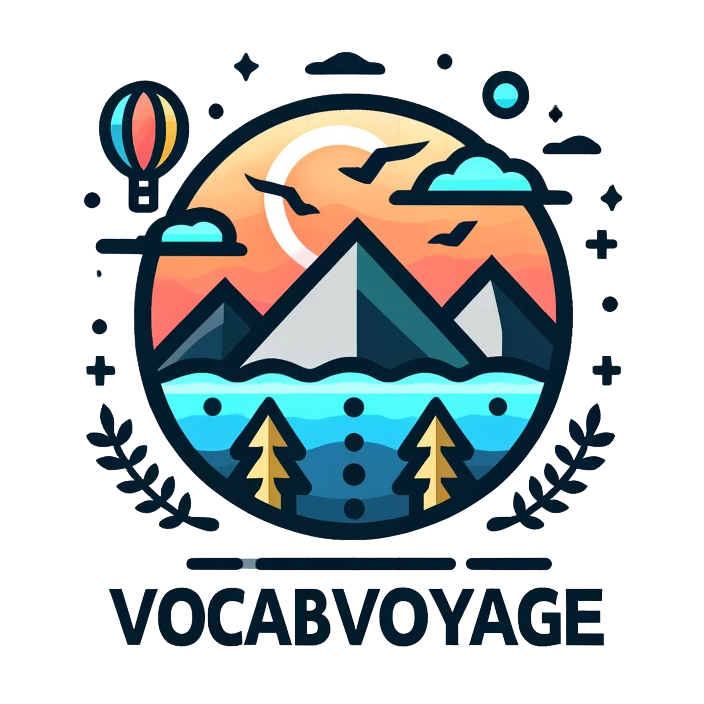Rosetta Stone Review: Is it the Right Language Learning Tool for You? 🌍
Embarking on a language learning journey can be as exciting as it is daunting. With so many tools and resources at our fingertips, choosing the right one can feel like looking for a needle in a haystack. One of the most recognized names in the field is Rosetta Stone. But is it the best option for you? Let’s dive in! 😊
What is Rosetta Stone? 🤔
Rosetta Stone is a computer-assisted language learning software that has been around since 1992. It’s one of the oldest and most comprehensive programs available, offering courses in 24 languages. The core philosophy of Rosetta Stone is immersive learning. This means it tries to simulate the way you would learn a language if you were living in a country where it’s spoken. No translations, just intuitive learning through pictures, sounds, and words in your language of choice.
How Does Rosetta Stone Work? 🧐
The learning process with Rosetta Stone is divided into different units and lessons that cover everything from basic vocabulary to more advanced conversations. Each lesson uses images, text, and voice recordings to teach words and concepts. The idea is to match the words or phrases with the correct images, practicing pronunciation with speech recognition technology, and eventually use what you have learned in simulated conversations.
Rosetta Stone for Vocabulary Building 📚
When it comes to expanding your vocabulary, Rosetta Stone offers a consistent approach. However, vocabulary learning with Rosetta Stone is contextual. This means you learn new words and phrases in the context of full sentences or conversations, which can be a great way to remember them. That being said, the focus is more on holistic language learning rather than specifically on vocabulary expansion.
This is where Vocab Voyage comes into play. Designed specifically for A2 to C1 language learners, Vocab Voyage is your go-to platform for targeted vocabulary enhancement. If your main goal is to expand your vocabulary rapidly and effectively, our platform might be the perfect complement to a more comprehensive tool like Rosetta Stone.
Pros of Rosetta Stone ✅
- Immersive Learning: By using only the target language, it encourages thinking in the new language.
- Speech Recognition: Helps improve pronunciation by giving immediate feedback.
- Variety of Languages: Offers a wide range of languages to learn.
- Mobile and Desktop: Easy access through both mobile apps and desktop software.
Cons of Rosetta Stone ❌
- Price: It can be more expensive than some other language learning tools.
- Less Focus on Grammar: The emphasis is on immersive learning, which may leave some learners wishing for more direct grammar instruction.
- Not Specifically Vocabulary Focused: While it builds vocabulary, it’s not the main focus.
Is Rosetta Stone for You? 🤷
If you enjoy a structured, immersive learning environment and don’t mind the price, Rosetta Stone can be a powerful tool. It’s particularly beneficial for absolute beginners and those who enjoy visual learning. However, if your goal is specifically to boost your vocabulary quickly or if you are looking for detailed grammar explanations, you might want to consider using Rosetta Stone in conjunction with other resources like Vocab Voyage.
Final Thoughts 🎓
At the end of the day, the best way to learn a language is to stick with it, regardless of the method. Language learning is a deeply personal journey, and what works for one person might not work for another. Exploring different tools and resources, like Rosetta Stone and Vocab Voyage, can help you find the blend that’s just right for your learning style and goals. Happy learning! 🚀
